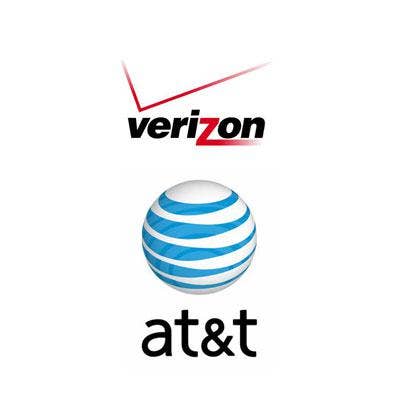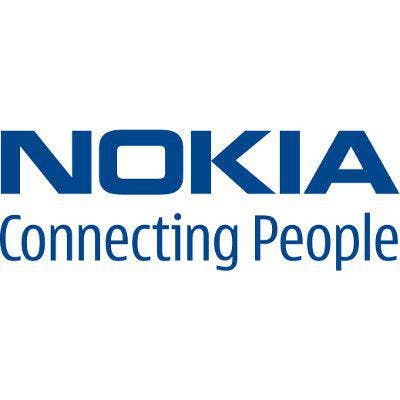Five Companies That Dropped The Ball This Week

Cisco CEO Chambers Fesses Up To Operational Stumbles
Cisco CEO John Chambers, in an e-mail to employees this week that was eventually made public, issued a broad ranging mea culpa to employees and investors in which he acknowledged Cisco's lack of operational execution. "Bottom line, we have lost some of the credibility that is foundational to Cisco's success -- and we must earn it back," Chambers said in the email.
Raw candor from corporate executives is a rare commodity, and as such, it's always deserving of some respect. But solution providers would be forgiven for seeing the disclosure as a let-down after the company's rousing Partner Summit last month, where it launched a new cloud computing channel program in its efforts to energize partners to tackle new market opportunities.

Verizon, AT&T Whine About FCC Data Roaming Ruling
Carriers are no great fans of government getting all up in their business, and so when the FCC ruled this week that wireless carriers must agree to mobile data roaming contracts with competitors, it wasn't surprising that the nation's two largest carriers had something to say about it.
Verizon called the FCC's ruling "a defeat for both consumers and the innovation fostered by true competition" and "a new level of unwarranted government intervention in the wireless marketplace." "A data-roaming mandate is unwarranted and will discourage investment," was AT&T's response.
The FCC, like a den mother dealing with petulant cub scouts, essentially told AT&T and Verizon to deal with reality. "Consumers expect mobile data services that will allow them to remain connected wherever they go," the FCC said in its statement. "A data roaming rule will help ensure that consumers' services are not interrupted and that coverage is available on a competitive basis."

Nokia Says Symbian No Longer Open Source, Plays Semantic Games
Nokia this week said it has closed the source code for Symbian OS, but it did so in an elaborate display of semantic ballet dancing. The Symbian code had been offline since the Symbian Foundation closed down last November, but in a blog post last week titled "We Are Open!", Nokia announced that the source code was once again available to its development partners.
Apparently, many folks interpreted this to mean Symbian was still open source, which it isn't. So Nokia, in a subsequent blog post, explained that Symbian is "Not Open Source, just Open for Business".
Not a huge deal for Nokia, which has tied its fortunes to Windows Phone 7, but the open-source community tends to have a dim view of this kind of corporate back-peddling.

Linux Foundation Claims Competing With Microsoft 'Like Kicking a Puppy'
Linux Foundation Executive Director Jim Zemlin took a page from the playbook of 'Comical Ali' of Gulf War II fame when he said Linux has beaten Microsoft in every area of computing aside from the desktop, and that the battle is pretty much over.
"I think we just don't care that much [about Microsoft] anymore," Zemlin told Network World this week. "They used to be our big rival, but now it's kind of like kicking a puppy."
In addition to the unsettling analogy, Zemlin's proclamation sounded a lot like Comical Ali declaring victory in front of television cameras as U.S. tanks rolled through Baghdad streets in the background. Linux has made great gains in servers and mobile devices, but Microsoft still dominates the desktop last time we checked, even if the importance of this is shifting in the post-PC age.

Microsoft Warns Against Windows Phone 7 Update Hacks, Advises 'Patience'
Microsoft and Windows Phone 'premier partner' AT&T have been taking a lot of heat for not making two updates to the OS available to subscribers. Meanwhile, customers who've been waiting for two Windows Phone 7 updates have been turning to workarounds. This week, Microsoft said this is a no-no and suggested that doing so could violate the device warranty.
"We've made a lot of progress in recent weeks, so I urge you to please be patient for just a bit longer and wait for your official update notification to arrive," said Eric Hautala, Microsoft general manager of customer experience engineering, in a blog post this week.
Problem is, customers have been very patient thus far, despite a lack of communication about when they might be able to download Windows Phone 7 updates that were supposed to be available two months ago.